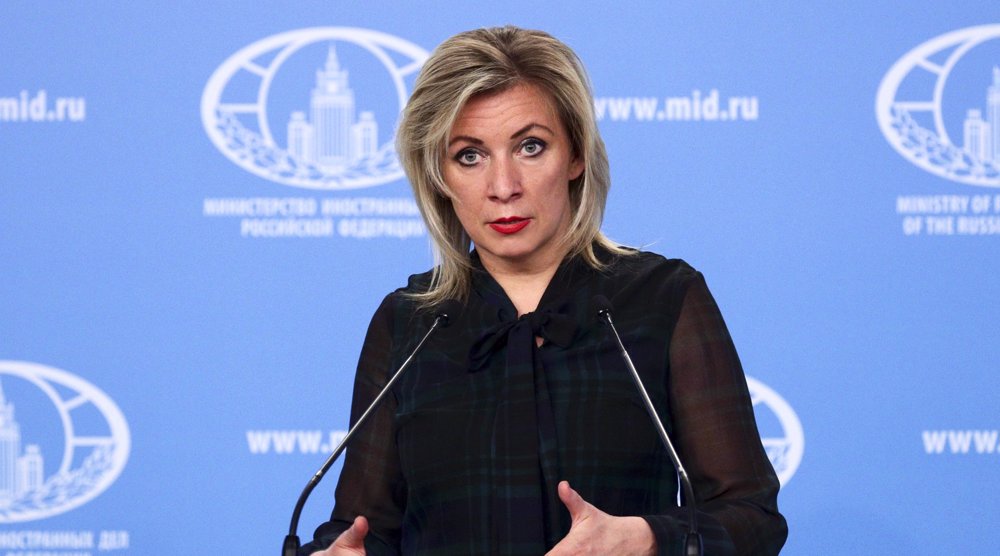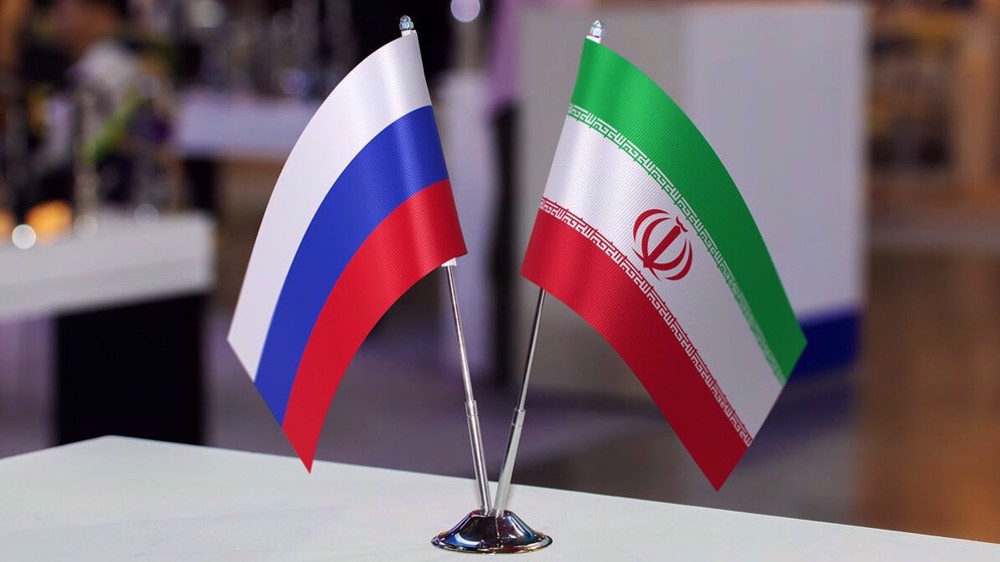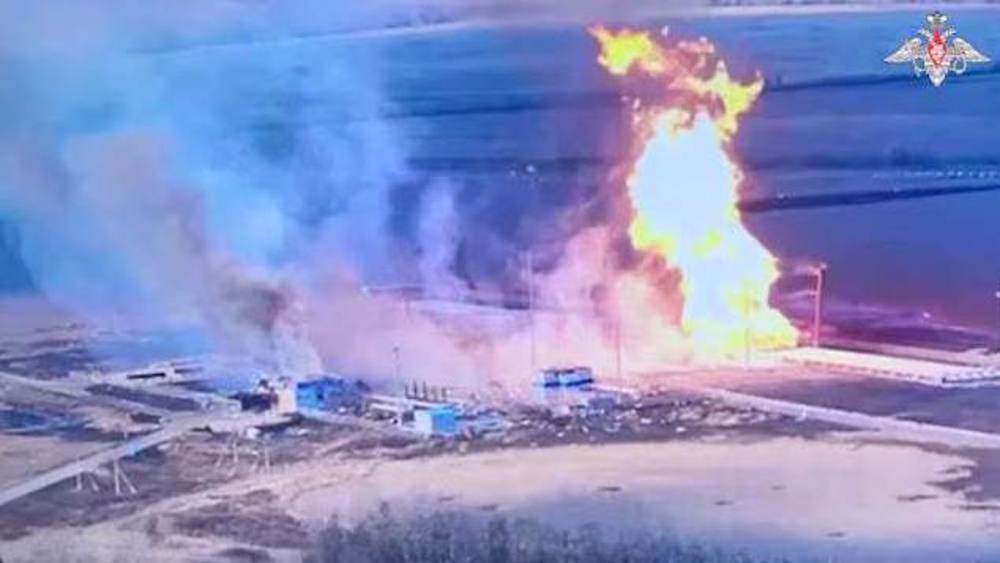Russia says ready to step up Saudi cooperation on Syria
Russia has expressed readiness to increase military cooperation with Saudi Arabia over the crisis in Syria.
Speaking after a meeting between Russian President Vladimir Putin and Saudi Defense Minister Mohammed bin Salman on Sunday, Russian Foreign Minister Sergei Lavrov said, "On both sides, as far as I can tell, there is an understanding that today's meeting can advance our cooperation."
Lavrov said both countries are willing to cooperate in Syria and want to prevent the establishment of a "terrorist caliphate."
"Of course, today's meeting between the president and the crown prince could not resolve all issues related to the Syrian resolution process, but I can firmly say that after today's talks we understand much better how to move towards political resolution," Lavrov said after the talks.

Also following the talks, Salman said the two sides discussed cooperation in military technology. The Saudi minister also said his country is seeking the improvement of ties with Russia.
Saudi Foreign Minister Adel al-Jubeir, who was also in the meeting, said Riyadh's stance on Syria was highlighted.
"We once again reiterated Saudi Arabia's position that we are calling for [Syrian President Bashar] Assad's resignation, as well as our support of the moderate opposition," al-Jubeir added.
Saudi Arabia and a number of its regional allies have been accused of supporting terrorist Takfiri groups operating in Syria in order to topple the government of Assad. Most of the Takfiris fighting Damascus are known to follow the Wahhabi ideology, an extremist mentality that is officially preached in Saudi Arabia.
Recent reports say Saudi Arabia has increased its weapons supplies to three different militant groups in Syria, since the start of Russia's air campaign against terrorists in Syria.
As recently as Thursday, an unnamed “well-placed Saudi government official” told the BBC that Saudi Arabia is to increase its supplies of “lethal” weaponry to Takfiri groups operating in Syria, as their reign of terror is diminishing following Russia’s massive anti-terrorist campaign in Syria.
Riyadh would dispatch an arsenal of modern, high-powered weaponry, including guided anti-tank weapons, to three foreign-sponsored militant groups of Jaish al-Fatah (the Army of Conquest), the so-called Free Syrian Army (FSA) and the Southern Front, the official said.
Moscow began a military campaign against terrorists in Syria on September 30 upon a request from the Damascus government, shortly after the upper house of the Russian parliament gave President Vladimir Putin the mandate to use military force in Syria.

Russian defense ministry said earlier on Sunday that its air force had hit 63 Daesh targets in Syria over the past 24 hours, also destroying a “terrorist” command post and a number of defensive positions and ammunition depots.
Russia says its airstrikes currently being carried out in four of Syria's provinces, aim to defeat Daesh terrorists, who have been operating in Syria and neighboring Iraq. The terrorists have been carrying out attacks against minorities in the two countries, killing hundreds of people.
Putin meets UAE crown prince
Also on Sunday, the Russian president met with the United Arab Emirates Crown Prince Mohammed bin Zayed al-Nahyan to discuss security issues in the Middle East, particularly the Syria crisis.
Putin said the talks with the Abu Dhabi Crown Prince were important “particularly in light of recent terrorist acts in Turkey.”

On October 10, some 95 people were killed and tens of others wounded after twin blasts targeted a train station in the Turkish capital, Ankara, where a peace rally was being held. Ankara says Daesh militants played a role in the deadly blasts.

World growing tired of endless threats against Iran: Russia

Russia’s State Duma approves 20-year strategic partnership treaty with Iran

Ukraine 'multiplying' energy attacks in Russia despite 30-day moratorium: Moscow
Leader’s aide warns of Iran's 'deterrent measures' against IAEA
China enacts tariffs, says Trump’s trade war ‘will end in failure’
Sudan takes UAE to World Court over 'genocide' in Darfur
Ex-official: US cares about human rights only to target adversaries
'Not much time left' to save Palestinians, warns UN Rapporteur
Scholar: Without strong response, Arabs risk falling under Israeli control
VIDEO | Press TV's news headlines
1,000 Israeli aircrew defy threat of sack to urge end to Gaza war






 This makes it easy to access the Press TV website
This makes it easy to access the Press TV website